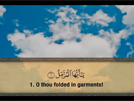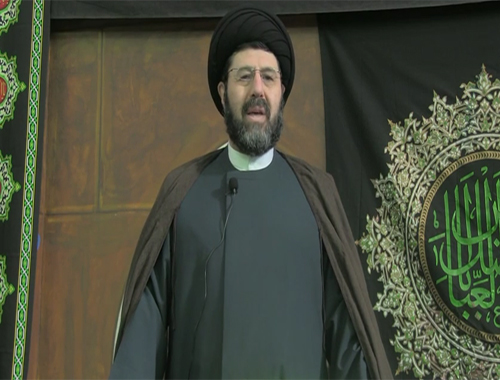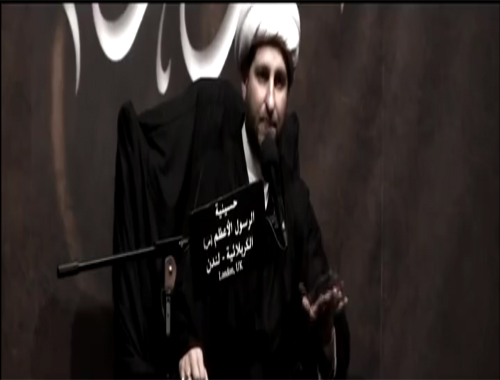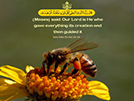- Home
- Infallibles
- Kids & Family
- Articles
- The Companions of Ahlul-Bayt (AS)
- Acts of the months
- Muharram
- What is Muharram?
- The Battle of Karbala
- Karbala and Beyond
- A glimpse from the Ray of Imam Hussain
- Abbas, the Standard Bearer of Husain
- Ali Akbar, The Hashemite Prince
- History of the Shrines at Karbala
- Hussain in the eyes of Humanity
- Hussain, symbol of Love and Sacrifice in Islam
- Imam Hussain's Revolution: Reasons and Motives
- Rajab al-Murajjab
- Shaban al-Muazzam
- Ramadhan
- Shawwal
- Dhu al-Qi'dah
- The Day of Dahwul Arz
- Dhu al-Hijjah
- Muharram
- Battles of Islam
- Cemetery of Baghi
- The Companions
- Ghadir Khumm
- Hajj
- Marriage
- History of Prophets
- The Event of Mubahila
- Ahlulbayt
- The Caliphs
- The Companions of Ahlul-Bayt (AS)
- Library
- Media
- COI Radio
- Islam&the West
- Eternal Words
Mon05132024
Last updateSun, 20 Aug 2023 9pm
Received Clips
Live From :
|
Sibtayn International Foundation
Tel: +98 25 37703330 Fax: +98 25 37706238 Email : sibtayn[at]sibtayn.com |
 The commander of the faithful (A.S) - Islam Guidance
The commander of the faithful (A.S) - Islam Guidance









